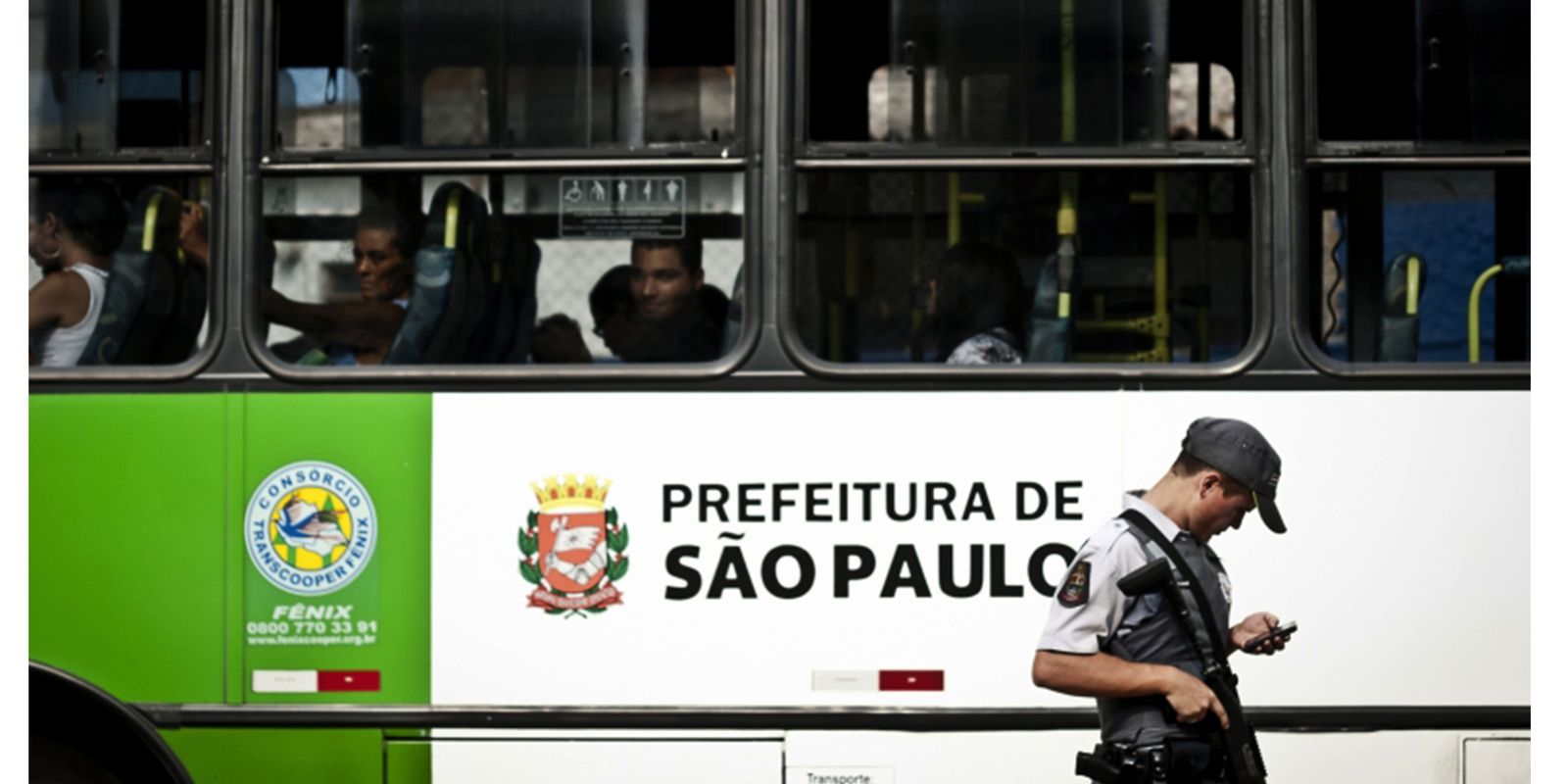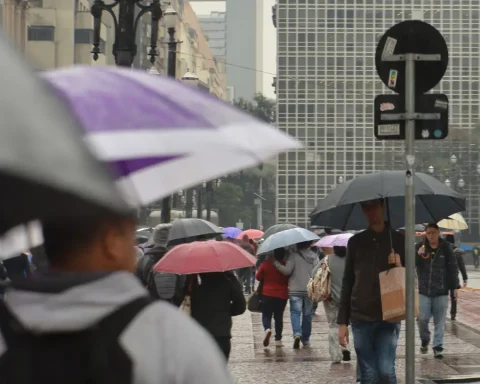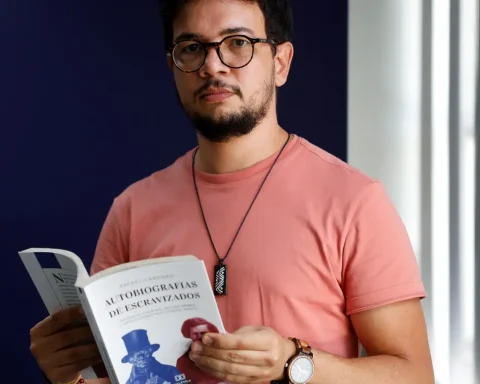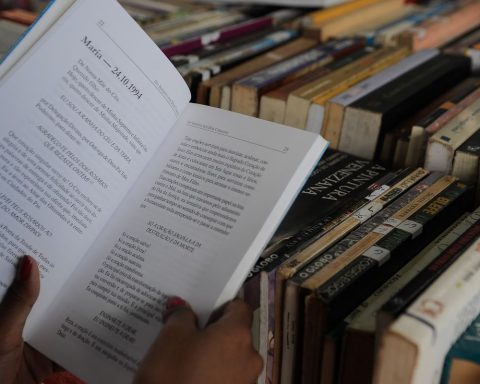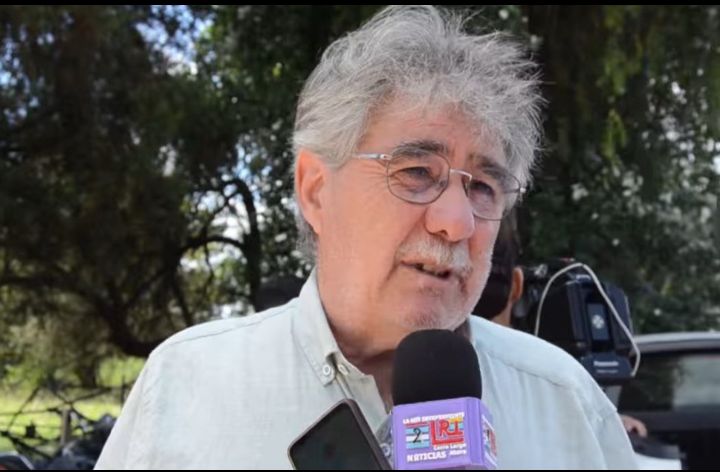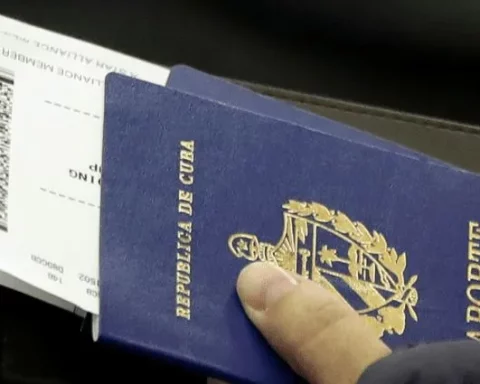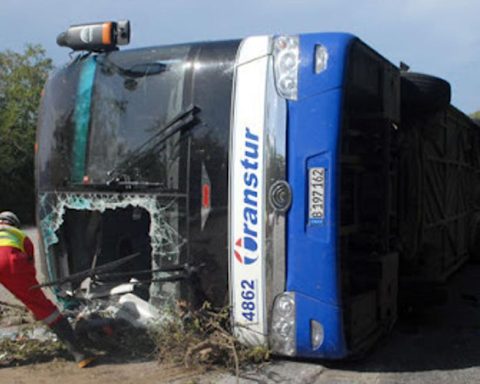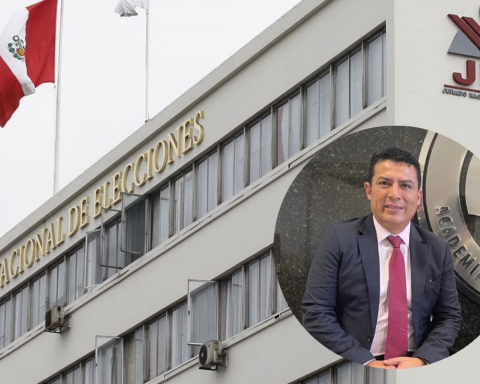A survey released this Tuesday (21) by Rede Nossa São Paulo indicates that 74% of those interviewed believe that security is the biggest or second biggest problem in the capital of São Paulo. Next come the health area (36% of mentions), public transport (15%) and housing and education (both with 12%). The Living in São Paulo: Quality of Life 2025 survey interviewed 700 people aged 16 or over and who have lived in the city for at least two years.
Carried out in partnership with Intelligence in Research and Strategic Consulting (Ipec), the study presents the perception of city residents on topics such as well-being, trust in institutions and public investments in various areas. The fieldwork was carried out in December 2024. The confidence level is 95% and the estimated margin of error is plus or minus 4 percentage points.
Regarding the perception of quality of life in the city, 40% said it had remained stable in the last 12 months; 21% responded that it got a little worse; 7% who got much worse; 20% that improved a little; and 11% who improved a lot. Two-thirds of residents interviewed (65%) said they would leave the city if they could.
For the general coordinator of Rede Nossa São Paulo and Instituto Cidades Sustentáveis, Jorge Abrahão, it is important to analyze the reasons why this number of people would leave the city. “São Paulo is the richest city in Latin America, it is a city that offers many opportunities for work, knowledge and culture. There are a series of issues that people actually recognize in the city. On the other hand, it presents the problems that the research itself is bringing”, he said.
“The issues of safety, health, public transport – the delay, the time people spend –, the issues of education. In this equation, I would say that the population understands that the benefits the city offers are not up to the problems it brings. It’s as if the tensions were greater than the pleasures”, he explained. For Abrahão, reversing this equation is a challenge for public management.
In relation to security, he points out that the problem must be faced in a systemic way, because it depends not only on the city, but on the state and federal government. “[Depende] of a more integrated articulation of these [esferas] so that we can structurally face the problem. But it is important that the [gestão] policy understand that this is the problem that society is saying is affecting them a lot.”
Lack of trust in public management
Non-governmental organizations (NGOs), churches and neighborhood associations were identified by interviewees as the institutions that most contribute to improving their quality of life. Next come private companies. The city hall appears in fifth place. Below are the media, state government, universities and federal government.
The management of São Paulo city hall is bad or terrible for 41% of those interviewed. Another 41% consider it regular and only 12% rate it as excellent or good.
In addition to evaluating the work of the São Paulo City Council, the survey showed that more than half (55%) of those interviewed considered the performance of the City Council to be bad or terrible and 62% said they had no desire to get involved in the city’s political life.
For 86% of people, municipal administration – including city hall and the legislative house – is little or not at all transparent, and only 4% rated it as very transparent.
More than half (55%) said they remember who voted for councilor in the last municipal elections, in 2024; 22% said they don’t remember who they voted for; 24% said they did not vote.
Abrahão highlights that there is a big challenge in the issue of trust in institutions. “It is a warning that the population is understanding that politics is not looking at them and solving the problems they have. Politicians have to think about this in general: how do my actions effectively reach the majority of the population?”
“We realize that there is a real deviation, nowadays, in politics, in which private interest, the interest of a few groups, often prevails in relation to the collective interest, in the distribution of budgets, in the distribution of funds”, he added .
Respondents gave ratings on their trust in institutions analyzed by the survey, with the possibility of answering from 1 to 10, with 1 meaning “I don’t trust” and 10 meaning “I completely trust”. NGOs had the highest average, with 4.11; businesspeople had 3.85; ministers of the Federal Supreme Court, 3.59; President of the Republic, 3.53; federal deputies and senators had the same average, 2.76.
39% remember who voted for federal deputy in 2022; 36% don’t remember; and 26% did not vote. Furthermore, 38% remember who they voted for as senator in 2022; 38% don’t remember; and 25% did not vote. Finally, 37% remember who they voted for as state deputy in 2022; 38% don’t remember; and 25% did not vote.
